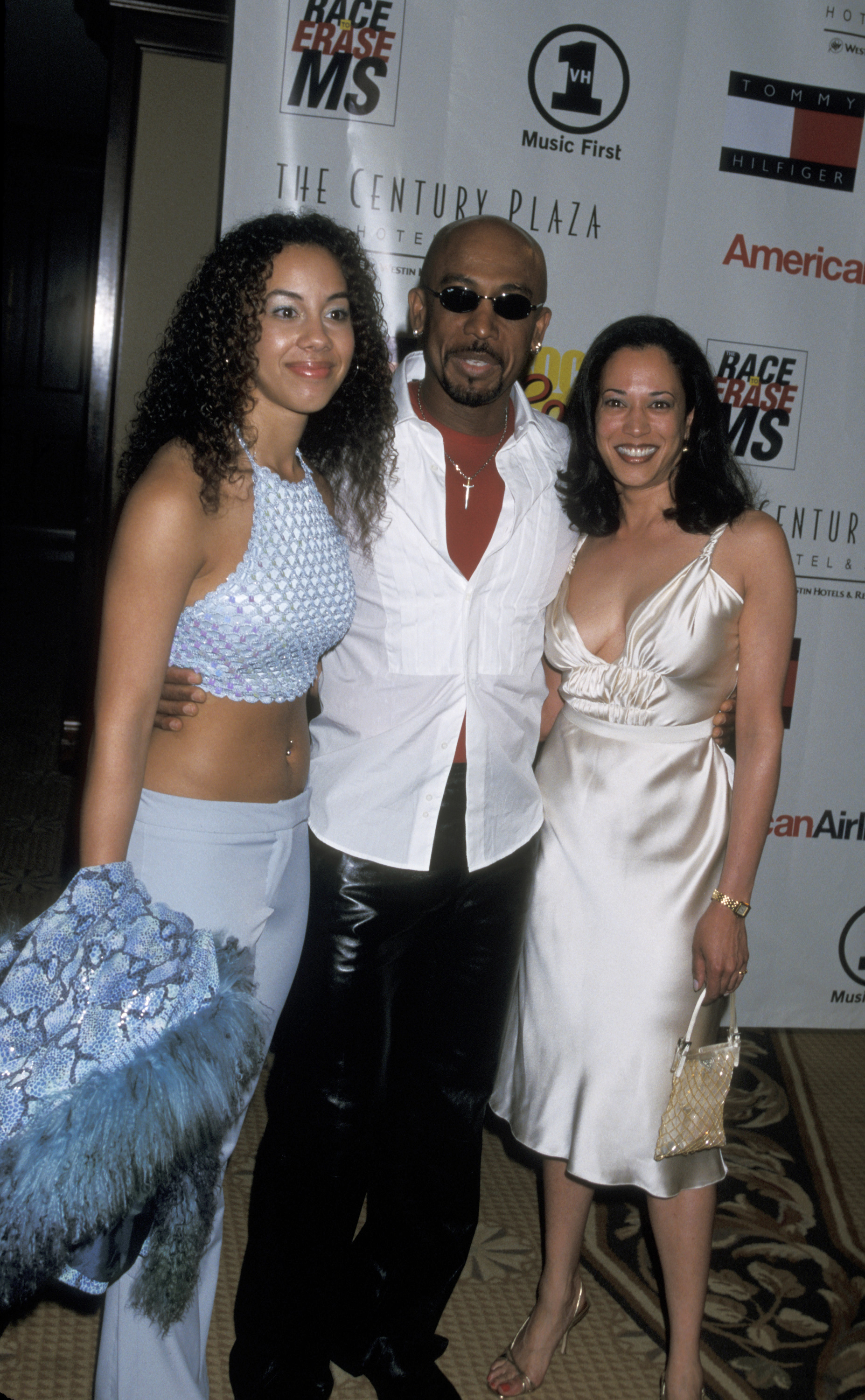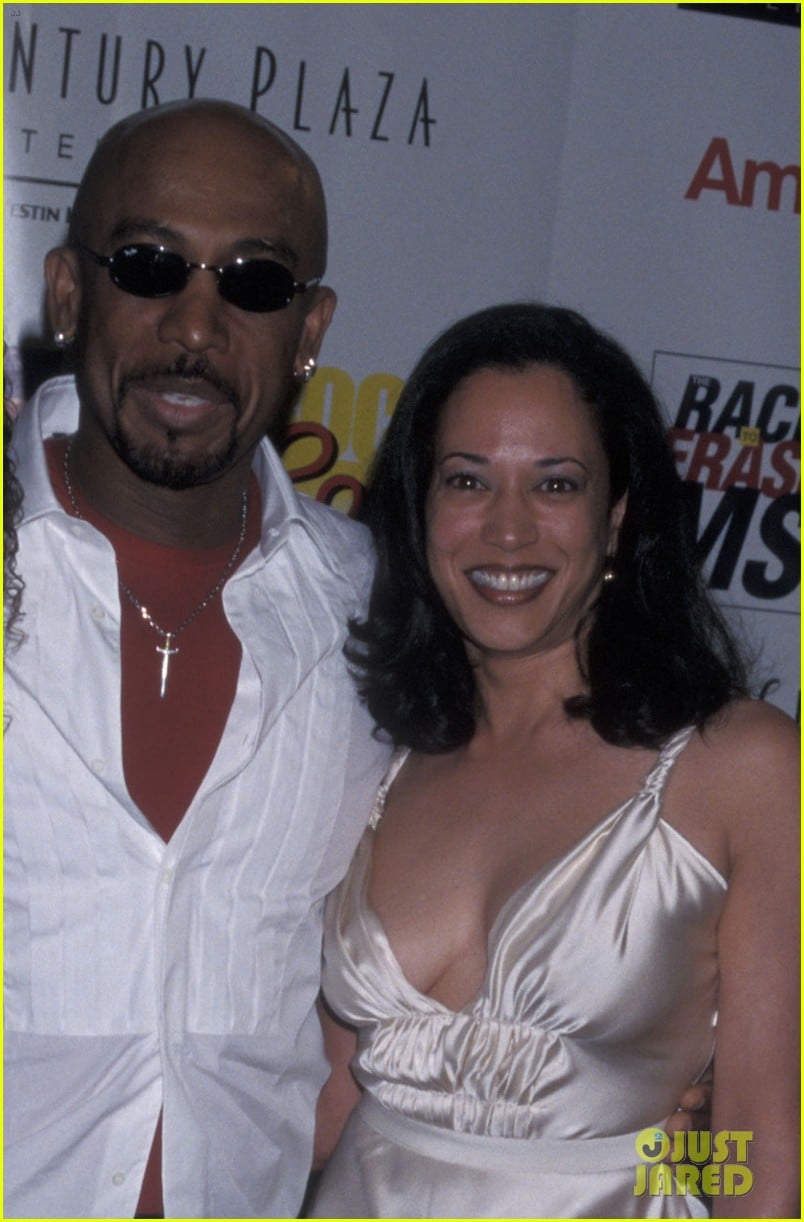Kamala Harris, the first female Vice President of the United States, and Montel Williams, a celebrated television personality and advocate, have both made significant impacts in their respective fields. Their careers have intersected in various ways, particularly in discussions surrounding mental health and social justice. Both figures are not only known for their achievements but also for their commitment to addressing critical issues that affect many individuals in society.
Their shared dedication to advocacy has brought them together in the public eye, creating a platform for important conversations. As prominent figures, they have used their voices to raise awareness about mental health challenges, particularly in communities of color. This article delves into the lives of Kamala Harris and Montel Williams, exploring their biographies, personal beliefs, and the ways in which their paths have crossed.
Moreover, we will analyze how their advocacy efforts have created a ripple effect in society, motivating others to engage in important discussions surrounding mental health and social justice. Join us as we uncover the fascinating relationship between Kamala Harris and Montel Williams.
What is Kamala Harris's Biography?
Kamala Devi Harris was born on October 20, 1964, in Oakland, California. She is the daughter of immigrant parents—her mother, Shyamala Gopalan, was a cancer researcher from India, and her father, Donald Harris, is a Jamaican economist. Kamala earned her undergraduate degree from Howard University and later received her law degree from the University of California, Hastings College of the Law.
Throughout her career, Kamala has held various positions, including District Attorney of San Francisco and Attorney General of California. In 2017, she was elected as the United States Senator from California, becoming the first Indian-American and second African-American woman to serve in the Senate. In 2020, she made history again by becoming the Vice President of the United States under President Joe Biden.
What is Montel Williams's Biography?
Montel Williams was born on July 3, 1956, in Baltimore, Maryland. He graduated from the United States Naval Academy and served in the U.S. Navy before pursuing a career in television. Montel became a household name as the host of "The Montel Williams Show," which aired for 17 years and earned numerous awards for its innovative approach to discussing social issues.
In addition to his television career, Montel is a prominent advocate for mental health awareness and multiple sclerosis research, a condition he has lived with for decades. He has authored several books and frequently speaks about the importance of mental health, inspiring many through his personal journey.
Personal Details and Bio Data of Kamala Harris
| Date of Birth | Place of Birth | Education | Political Party | Position |
|---|---|---|---|---|
| October 20, 1964 | Oakland, California | Howard University, UC Hastings | Democratic | Vice President of the United States |
Personal Details and Bio Data of Montel Williams
| Date of Birth | Place of Birth | Education | Profession | Advocacy |
|---|---|---|---|---|
| July 3, 1956 | Baltimore, Maryland | U.S. Naval Academy | Television Host, Author | Mental Health Awareness |
How Have Kamala Harris and Montel Williams Interacted?
Kamala Harris and Montel Williams have crossed paths in various ways, particularly through their shared commitment to mental health advocacy. They have both participated in public forums and discussions addressing the importance of mental health, especially in marginalized communities. Their collaboration has emphasized the need for comprehensive mental health resources and support systems.
What Initiatives Have They Supported Together?
Both Kamala Harris and Montel Williams have been involved in numerous initiatives aimed at improving mental health awareness and access to care. Some of these initiatives include:
- Advocating for increased funding for mental health services.
- Participating in campaigns to reduce the stigma surrounding mental health issues.
- Working with organizations focused on mental health education and resources.
- Engaging in discussions about the intersection of mental health and social justice.
How Do Their Advocacy Efforts Impact Society?
The advocacy efforts of Kamala Harris and Montel Williams have significantly impacted society by bringing attention to the challenges faced by individuals with mental health issues. Their work has helped to:
- Raise awareness about the prevalence of mental health disorders.
- Encourage open conversations about mental health, particularly in communities of color.
- Influence policy changes to improve mental health care access.
- Inspire individuals to seek help and support for mental health challenges.
What Challenges Have They Faced in Their Advocacy?
While Kamala Harris and Montel Williams have made significant strides in their advocacy efforts, they have also faced challenges. Some of these challenges include:
- Resistance to discussing mental health in certain communities.
- Limited resources and funding for mental health initiatives.
- Stigma surrounding mental health that persists in society.
How Can Their Work Inspire Future Generations?
The work of Kamala Harris and Montel Williams can inspire future generations to prioritize mental health and advocate for change. Their dedication to addressing mental health issues encourages young people to become involved in advocacy efforts, whether through social media campaigns, community outreach, or political engagement. By sharing their stories and experiences, they motivate others to break the silence surrounding mental health and push for systemic change.
Conclusion: The Lasting Impact of Kamala Harris and Montel Williams
In conclusion, the connection between Kamala Harris and Montel Williams highlights the importance of mental health advocacy in our society. Their personal journeys and professional achievements have created a platform for critical conversations about mental health and social justice. As they continue to inspire others through their work, it is essential to recognize the influence they have on future generations, encouraging a more open and supportive environment for those facing mental health challenges.




